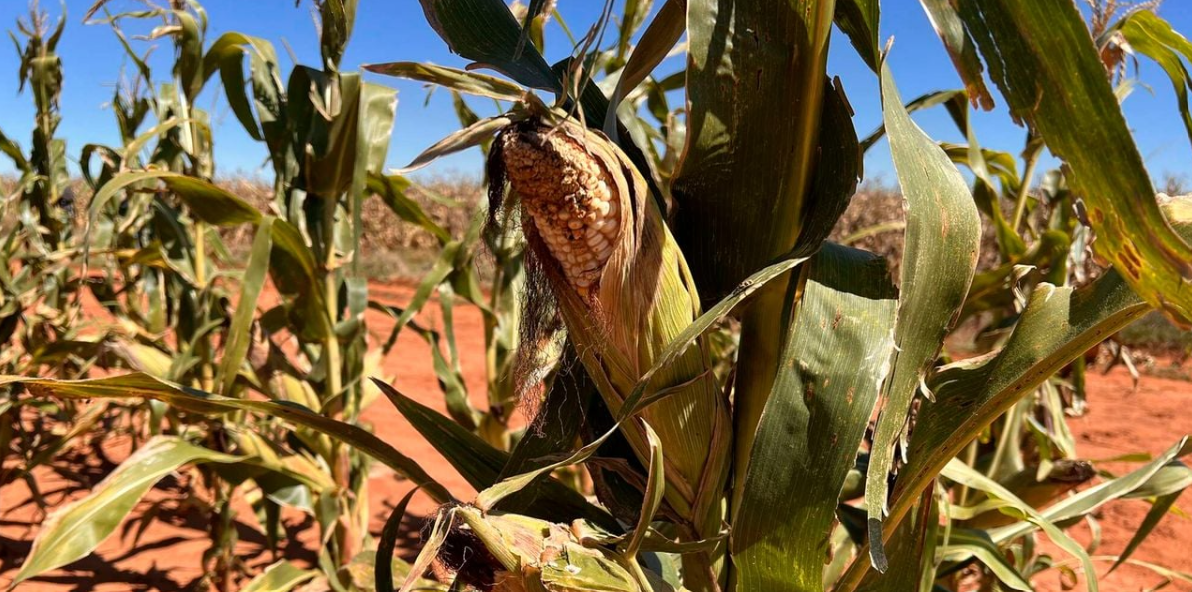- Dieses Thema ist leer.
-
AutorBeiträge
-
-
Januar 21, 2025 um 11:19 pm Uhr #543526
 Agric4ProfitsAdministrator
Agric4ProfitsAdministrator
Maize farming plays a pivotal role in Africa’s agricultural sector, serving as a staple food for millions and a source of income for farmers.
With its adaptability to diverse climates and soil types, maize is widely cultivated across the continent.
Understanding maize farming in africa is essential for improving food security and boosting the economy.
1. The Importance Of Maize In Africa
Maize is a critical crop in Africa, providing essential nutrients and serving as a dietary staple for many communities. It is used in various forms, including porridge, bread, and animal feed, making it indispensable in daily life.
Beyond its role in food security, maize contributes significantly to the agricultural economy, supporting millions of small-scale farmers and larger agribusinesses. The prominence of maize farming in africa cannot be overstated.
2. Suitable Conditions For Growing Maize
Maize thrives in tropical and subtropical climates, making Africa an ideal region for its cultivation. It requires well-drained soils with a pH between 5.5 and 7.5, and consistent rainfall or irrigation during its growth cycle.
Farmers must also ensure adequate sunlight and temperatures ranging from 18°C to 27°C. Understanding these optimal conditions is vital for successful maize farming in africa and achieving higher yields.
3. Modern Techniques To Enhance Yields
Modern farming techniques, such as improved seed varieties and mechanized farming, have revolutionized maize production in Africa. Hybrid seeds resistant to pests and drought are increasingly popular, helping farmers combat challenges posed by climate change.
Additionally, adopting technologies like precision farming and drip irrigation enhances productivity and sustainability. These innovations are transforming maize farming in africa, making it more efficient and profitable.
4. Challenges Faced By Maize Farmers In Africa
Despite its significance, maize farming in Africa faces several challenges, including climate variability, pest infestations, and limited access to quality inputs. Diseases such as maize streak virus and pests like the fall armyworm can devastate crops if not managed effectively.
Furthermore, inadequate storage facilities and poor market access hinder farmers from realizing the full potential of their harvests. Addressing these issues is crucial for advancing maize farming in africa.
5. The Role Of Governments And Organizations In Supporting Farmers
Governments and agricultural organizations play a vital role in supporting maize farmers across Africa. Initiatives such as subsidies for seeds and fertilizers, training programs on modern farming practices, and investments in infrastructure are essential.
Encouraging public-private partnerships can also create opportunities for farmers to access markets and financial services. Strengthening these efforts is key to the sustainable growth of maize farming in africa.
Maize farming in africa is a cornerstone of the continent’s agricultural landscape, contributing to food security, economic stability, and rural development.
By adopting modern techniques, addressing challenges, and fostering support systems, farmers can unlock the full potential of maize cultivation. As the demand for maize continues to rise, its role in shaping Africa’s future remains undeniable.
Read Also: Economic importance of maize
-
-
AutorBeiträge
- Du musst angemeldet sein, um auf dieses Thema antworten zu können.






